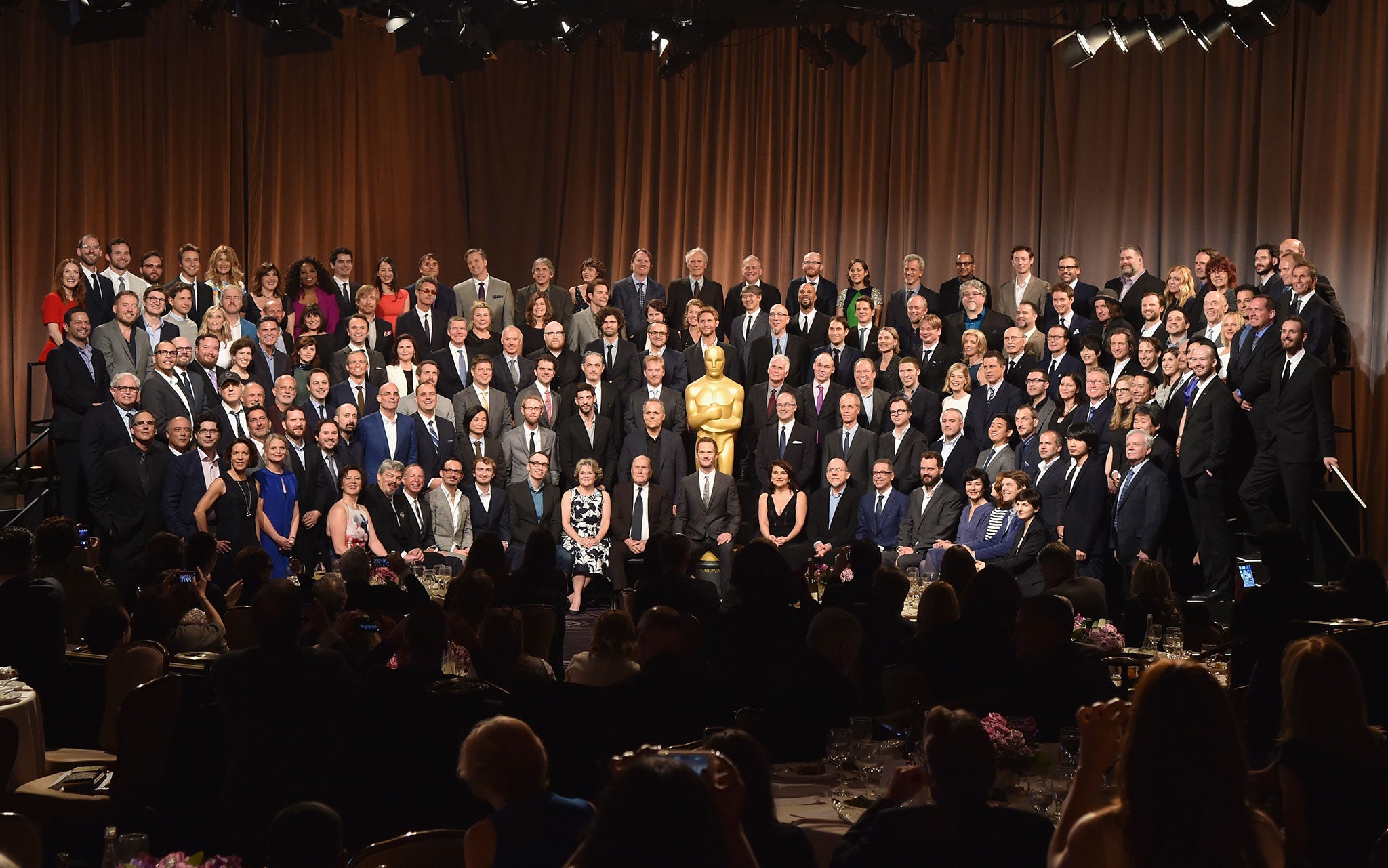And the eyeroll for complete whiteness goes to... the 2016 Oscar Nominee List
The demise of cinema's sense of escapism comes in award shows

The magic of cinema is its escapist power. You can sink into a chair at a movie theater, your own couch, or lean against the window of a plane as a story pulls your mind into a world of drama, tragedy, comedy, romance, or terror. This is why we love movies.
And if that sense of escapism is the power of cinema, the demise of it is the award shows.
For the second year in a row, the entire Oscar nominee list for actors is white, and Twitter is forced to retweet the oldies but goodies from 2015’s popular hashtag #OscarSoWhite which drew attention to the dearth of Hollywood appreciation for non-white talent and accomplishment.
The issue of representation and identity in pop culture is, at best, misunderstood by white movie-goers who are used to gazing at a screen for hours without any struggle to connect to the story or protagonist. Ask any movie-goer of colour how often they identify with the lead or even supporting actor or actress in a mainstream movie and the answer is a number that likely can be displayed on the fingers of one hand.
It would be too easy to blame Hollywood and push them to diversify their nominee list. It’d be too easy to solely blame casting. Or one elitist award show. Or a few directors. The hard truth is that if Hollywood wants to achieve an annual repertoire of high calibre cinema with robust and competitive artistry that reflects the realities of its patrons, it must contend with its in-bred racism. And racism is not a one-dimensional problem. In the entertainment business, it shows itself in gradients.
It begins with the writers whose books are turned into scripts. It begins with deciding whose stories are going to be told. It begins with expanding the interpretation of characters and pushing past stereotyped casting. (As in, Lupita can act beyond the character of a slave. Viola’s talent extends beyond showcasing the help.) It begins with asking questions.
Q: What is the danger of telling stories of grief, joy, birth, death, fraud, bereavement, betrayal, heroism, or supernatural powers that consistently centre on whiteness?
A: Award shows can shrug off complaints like #OscarSoWhite and legitimate concerns about the breadth of artistry and representation, because as long as whiteness is the default or normalized as the universal experience, anything that questions the establishment is perceived as whining.
B. Challenging and complex stories that could be expanded and enriched by actors and actresses of colour transfer to the big screen with preferences for White actors and actresses.
C. The collective imagination and pleasure of all movie-goers are severely limited.
D. All of the above.
E. All of the above and then some.
The answer is E.
Join our commenting forum
Join thought-provoking conversations, follow other Independent readers and see their replies
Comments